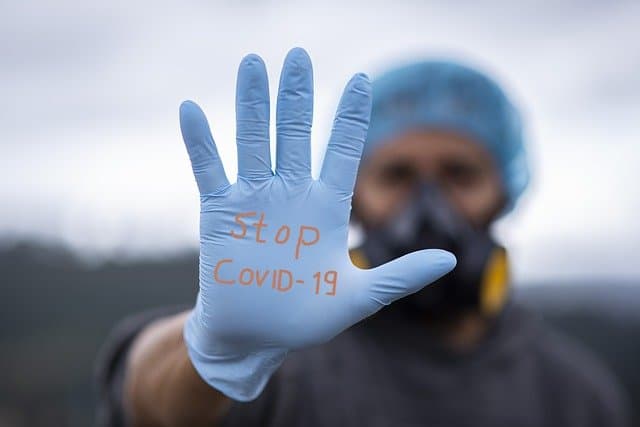This is the first report to show that the virus induces memory B cells, long-lived immune cells that detect pathogens, create antibodies to destroy them and remember them for the future
Seasonal colds are not fun, but new research suggests that colds that have been overcome in the past may provide some protection against Covid-19. The study, led by an infectious disease expert at the University of Rochester Medical Center in the United States, also suggests that Covid-19 immunity is likely to last a long time, even a lifetime.
The study, published in the journal ‘mBio’, is the first to show that the virus that causes Covid-19, SARS-CoV-2, induces memory B cells, long-lived immune cells that detect pathogens, create antibodies to destroy them and remember them for the future. The next time the pathogen tries to enter the body, memory B cells can take action even faster to eliminate the infection before it begins.
Since memory B cells can survive for decades, they could protect Covid-19 survivors from subsequent infections for a long time, but further research will need to confirm this.
The study is also the first to report memory B-cell cross-reactivity, meaning that B-cells that once attacked cold-causing coronaviruses appeared to recognize SARS-CoV-2 as well. The study authors believe this could mean that anyone who has been infected by a common coronavirus – which is almost everyone – could have some degree of pre-existing immunity to Covid-19.
“When we looked at blood samples from people who were recovering from COVID-19, it looked like many of them had a pre-existing pool of memory B cells that could recognize SARS-CoV-2 and rapidly produce antibodies that could attack it” explains the study’s lead author, Mark Sangster.
The findings are based on blood samples taken from 26 people recovering from mild to moderate Covid-19 and 21 healthy donors whose samples were collected six to ten years ago, long before they may have been exposed to COVID- 19. From those samples, the study authors measured the levels of memory B cells and antibodies that target specific parts of the Spike protein, which exists in all coronaviruses and is crucial in helping viruses infect cells.
Spike protein looks and acts a little differently in each coronavirus, but one of its components, the S2 subunit, remains virtually the same in all viruses. Memory B cells cannot differentiate between the S2 subunits of the different coronaviruses and attack indiscriminately. At the very least, the study found that this was true for beta coronaviruses, a subclass that includes two cold-causing viruses, as well as SARS, MERS and SARS-CoV-2.
What this study does not show is the level of protection provided by cross-reactive memory B cells and how it impacts patient outcomes. “That’s next. Now we need to see if having this set of pre-existing memory B cells correlates with milder symptoms and a shorter course of disease – or if it helps increase the effectiveness of Covid-19 vaccines,” another author, David Topham, adds.
